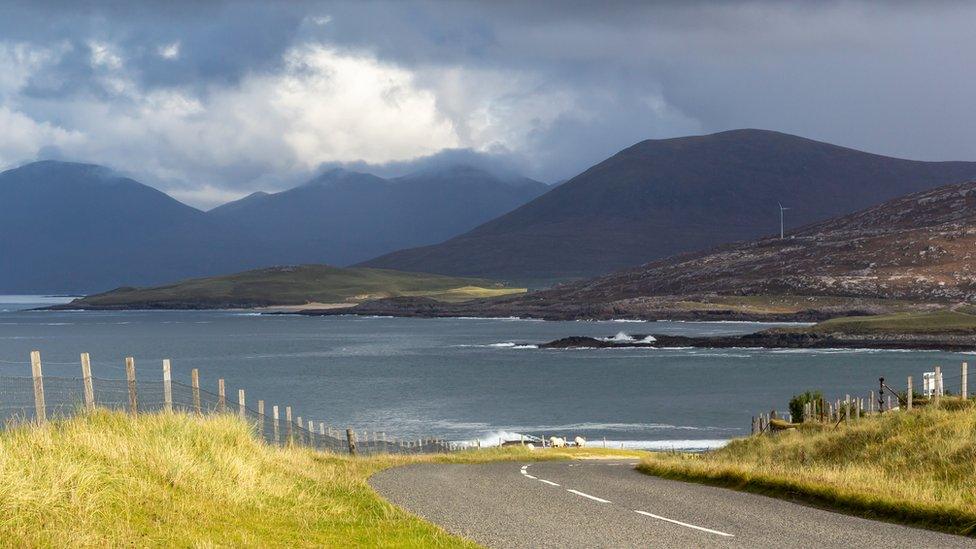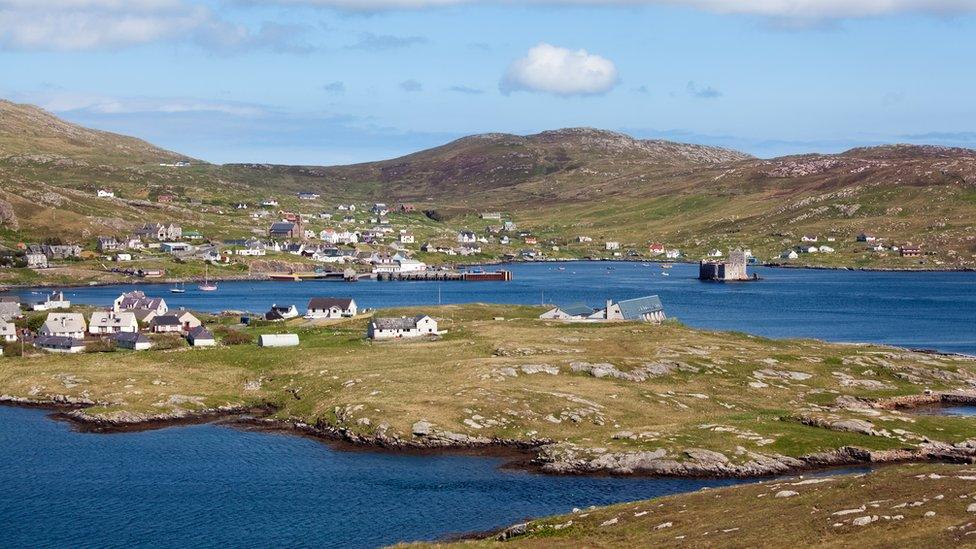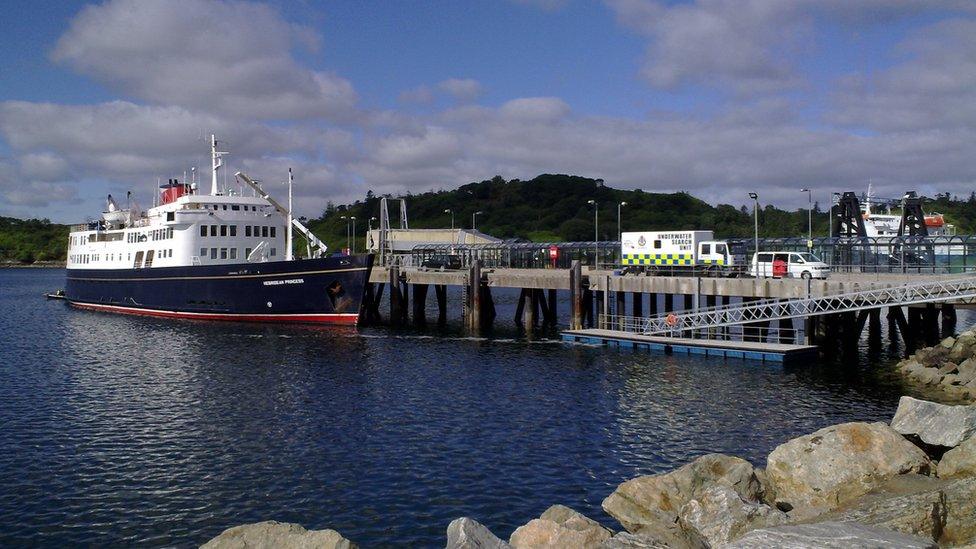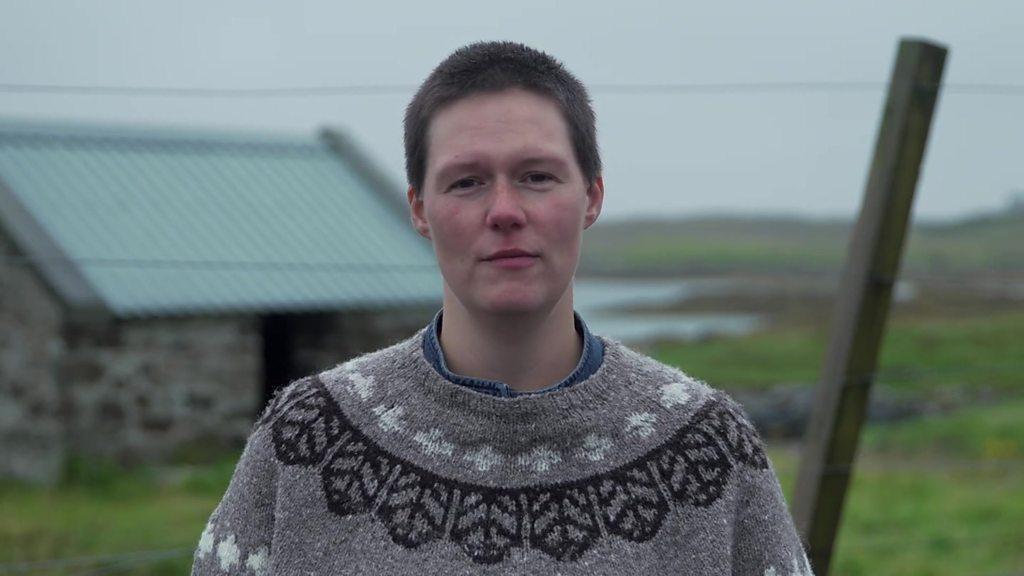'Scottish visa' call to tackle depopulation
- Published

Schemes to attract migrants are needed to stop population decline in Scotland, a new report has found.
Rural and island communities have been among the worst hit by depopulation in recent years.
One idea put forward by a group advising the Scottish government was for a "Scottish visa" to attract overseas workers to specific areas.
The UK government has previously rejected regional immigration rules as overly complicated.
The number of people of working age in Scotland's remote areas is below the national average, with these parts of the country also having a higher share of pensioners.
The report, from the Scottish government's expert advisory group on migration and population, said positive net migration to rural areas had remained at "very low levels".
The group put forward three ideas for the Scottish and UK governments, external to consider:
Relaxing conditions of the UK government's skilled worker visa for specific geographic areas through a "shortage occupation" list.
A points-based "Scottish visa" allowing migrants with the relevant skills to move to designated rural areas.
A scheme to identify jobs seen as crucial for mitigating population decline and the private and public sector then working together to protect these types of occupations.

It is hoped the new schemes can increase the number of working age people on islands such as Barra
The report also makes the point that a new scheme "should not aim to achieve 'replacement migration' to offset population decline".
It adds: "Rather, it should be targeted to attract migrants with the skills and profile that would best address socio-economic challenges created by population decline."
However, any initiatives to alter migration policy would have to be agreed by the UK government as the issue is reserved to Westminster.
Post-Brexit, the UK government has introduced a points-based immigration system that it says works in the interests of the whole of the United Kingdom, including Scotland.
Ministers have previously warned different rules on migration around the UK could "massively complicate" the system.
A UK Government spokesperson said: "Our new points-based immigration system is focused on the skills and talents people have to offer, not where their passport comes from.
"The UK government engaged with employers, universities, higher education, charities, faith groups and organisations across Scotland to ensure it serves the whole United Kingdom, including not creating an economic migration border between Scotland and the rest of the UK."
Roddie MacKay, leader of Western Isles authority Comhairle nan Eilean Siar, said the report's options were "very interesting" and resonated with the council's own idea for "repopulation zones".
He said: "These would be designated areas where the challenge of population decline is acutest and where policy initiatives would be focused and targeted on reversing decline.
"Each zone would have targeted measures around economic development and a focused approach around jobs dispersal/decentralisation of public sector jobs."
Scottish government migration minister Jenny Gilruth said population decline had a range of negative social and economic impacts on local communities.
She added: "We will consider the report's findings and then, in collaboration with local government partners, develop a practical rural migration pilot proposal."
- Published27 August 2020

- Published28 August 2019

- Published4 December 2018
